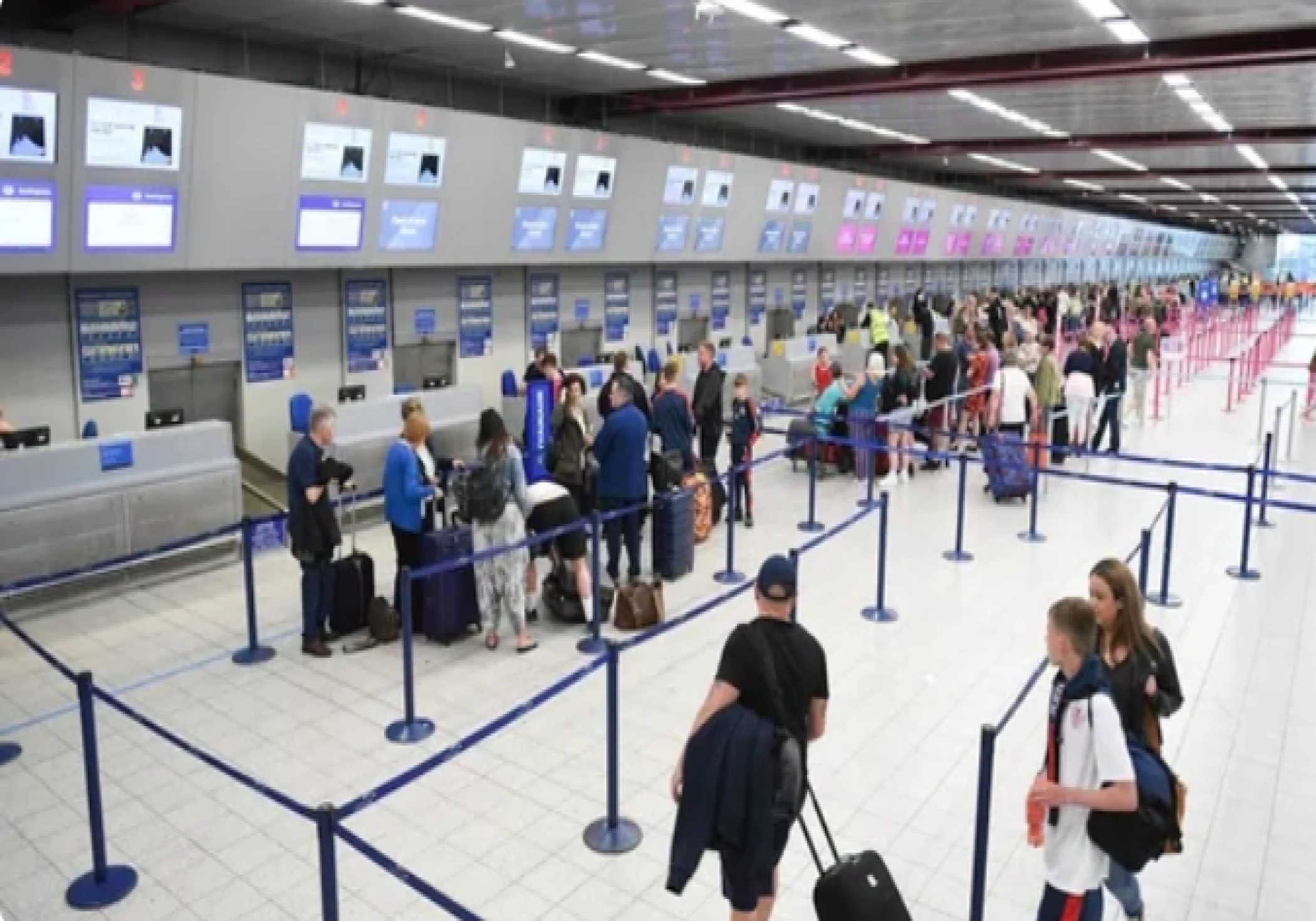
US air traffic controllers are facing mounting pressure and fatigue as the government shutdown disrupts critical operations across airports nationwide.
The prolonged lack of funding has led to unpaid shifts, reduced staff morale, and increased risks in managing the nation’s vast airspace network.
The shutdown has forced thousands of controllers to work without pay while maintaining round-the-clock responsibility for the safety of millions of passengers. As a result, reports of mental and physical exhaustion are rising among FAA employees. The strain is further intensified by delayed maintenance schedules and postponed safety training sessions, both vital to aviation security.
Several airport authorities and unions have raised alarms about the possible long-term damage to the country’s air traffic system if the shutdown persists. Experts warn that even a short disruption could have ripple effects, causing flight delays, slower air cargo operations, and potential safety hazards.
The National Air Traffic Controllers Association (NATCA) has urged Congress to immediately restore funding, emphasizing that aviation safety should never be compromised due to political deadlock. As the crisis deepens, the U.S. aviation sector faces one of its toughest tests — maintaining operational safety amid financial paralysis.












